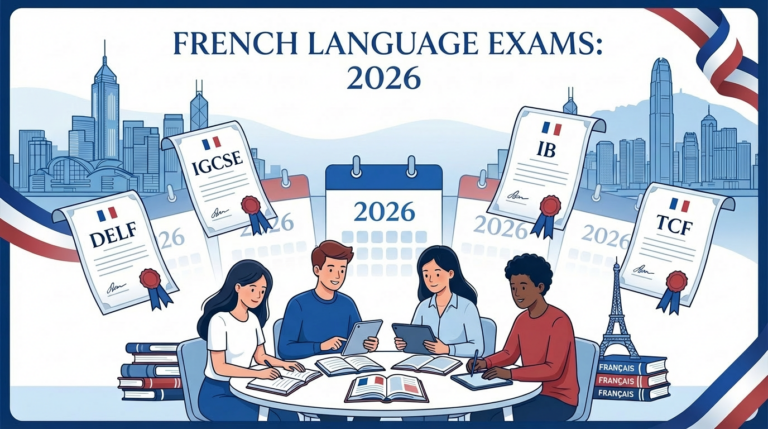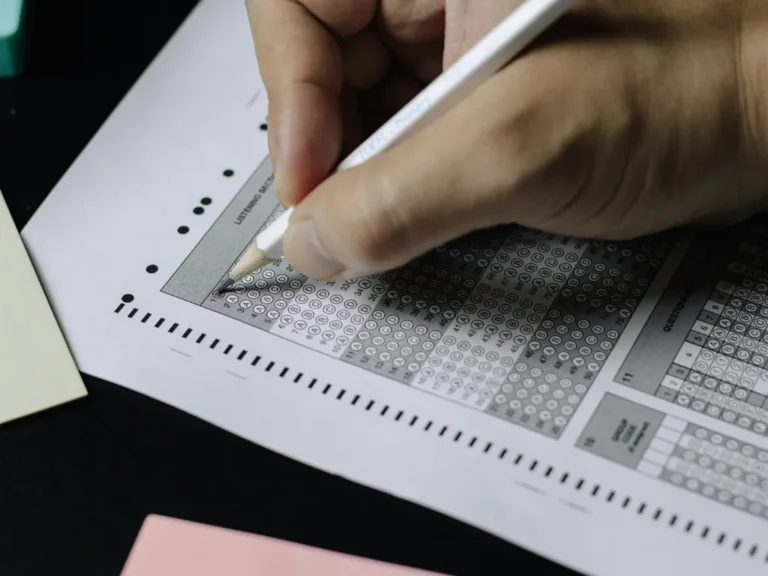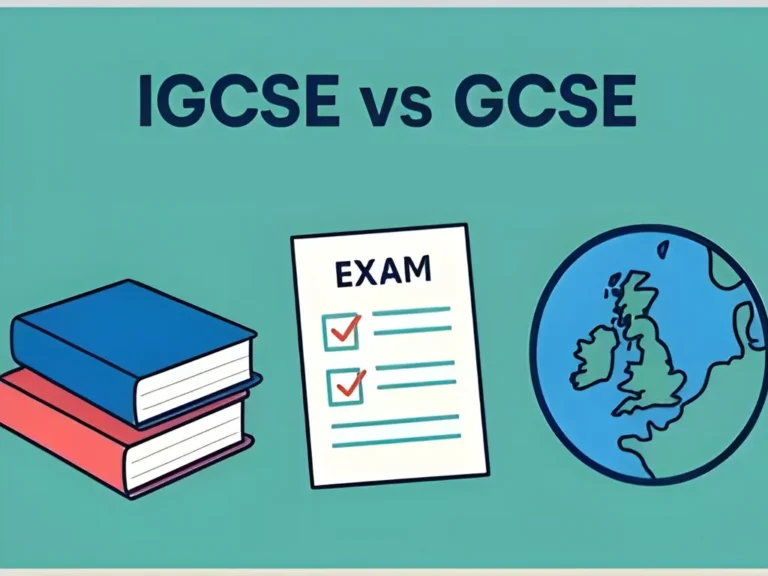
December 10, 2025 •
Anthony Regent
📚 French Exams in Hong Kong 2026 All French exams available in Hong Kong with dates, fees and official registration links. Click on each exam to see complete details. ⚡ Registration Now Open DELF/DALF March and April 2026 sessions are now open for registration. Limited seats available! 🏆 DELF A1, A2, B1 A1 A2 B1 […]
Read More

December 3, 2025 •
Sarah Marchand
What is Oxford AQA IGCSE French? Who is it for? Why take this exam? Syllabus Exam Structure Preparation Tips 🎓 What is Oxford AQA IGCSE French? Looking for a French qualification that opens doors academically and internationally? OxfordAQA International GCSE French is a globally recognised exam designed for students who want more than just basic […]
Read More

September 24, 2025 •
Anthony Regent
Working with an expert IGCSE French tutor can help you master these oral questions through personalized practice and feedback. Identity & Culture Areas of Interest Study & Employment Exam Preparation 🇫🇷 Bonjour French Learners! Today, we’ll introduce you to the ultimate list of IGCSE French oral questions to help you prepare for your exam. Below, […]
Read More

January 10, 2025 •
Anthony Regent
Exam Structure Study Plan Core Skills Exam Techniques Health & Wellbeing A Comprehensive Strategy Guide for IGCSE French Success 🇫🇷 The International General Certificate of Secondary Education (IGCSE French exam) can be a significant milestone in your language learning journey. Whether you’re preparing for the exam to enhance your academic credentials or to pursue further […]
Read More

December 18, 2024 •
Anthony Regent
Official Exam Boards Learning Platforms Online Libraries Preparation Tips 🇫🇷 Finding French Past Papers for Major Exams Preparing for major French language exams such as GCSE, IGCSE, IB, SAT, and A-Level can be a challenging yet rewarding journey. One of the most effective ways to prepare is by practicing with past exam papers. This guide […]
Read More

February 20, 2024 •
Anthony Regent
What Are GCSE & IGCSE? Key Differences Exam Preparation Our Approach GCSE and IGCSE French: Your Complete Guide to Exam Success 🇫🇷 At Interactive French, we understand the importance of preparing thoroughly for high-stakes exams like GCSE and IGCSE French. Our team of native French tutors in Hong Kong has helped countless students achieve outstanding […]
Read More






